 Some people are unsure (or unaware) of the contribution of Bournemouth University’s Visiting Faculty. At many UK universities eminent scholars (researchers, teachers and/or professionals) are offered honorary unpaid appointments to enhance the skills and knowledge of that institution’s academic staff and/or students. Unusually, these Visiting Faculty members are hosted when there already exists a well-developed professional relationship between the Visiting Faculty and the university’s staff. The Faculty of Health & Social Sciences (FHSS) has a number of Visiting Faculty members, including some local, national and international collaborators.
Some people are unsure (or unaware) of the contribution of Bournemouth University’s Visiting Faculty. At many UK universities eminent scholars (researchers, teachers and/or professionals) are offered honorary unpaid appointments to enhance the skills and knowledge of that institution’s academic staff and/or students. Unusually, these Visiting Faculty members are hosted when there already exists a well-developed professional relationship between the Visiting Faculty and the university’s staff. The Faculty of Health & Social Sciences (FHSS) has a number of Visiting Faculty members, including some local, national and international collaborators.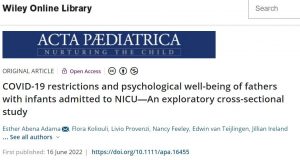
It just occurred to me this morning that my last two scientific publications, including the one highlighted yesterday on the BU Research Blog are co-authored with academics who are FHSS Visiting Faculty. Yesterday’s paper ‘‘A survey of Post-Traumatic Stress Disorder, Anxiety and Depression among Flood Affected Populations in Kerala, India‘ [1], was co-authored by two of our Visiting Faculty: Prof. Padam Simkhada (in the School of Human & Health Sciences at the University of Huddersfield) and Dr. Brijesh Sathian (in the Geriatrics & Long-term Care Department at Rumailah Hospital, Qatar). 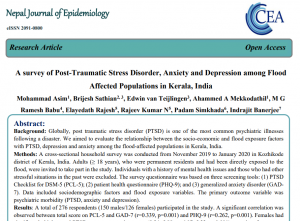 Whilst last week’s publication ‘COVID-19 restrictions and psychological well-being of fathers with infants admitted to NICU (neonatal intensive care units)—an exploratory cross-sectional study‘ in the journal Acta Paediatrica [2] was co-authored by two Visiting Faculty members from University Hospitals Dorset NHS Foundation Trust.
Whilst last week’s publication ‘COVID-19 restrictions and psychological well-being of fathers with infants admitted to NICU (neonatal intensive care units)—an exploratory cross-sectional study‘ in the journal Acta Paediatrica [2] was co-authored by two Visiting Faculty members from University Hospitals Dorset NHS Foundation Trust.  The two clinicians, who co-authored this international paper, are both based at Poole Maternity Hospital: Prof. Minesh Khashu (Lead Consultant Neonatologist) and Ms. Jillian Ireland (Professional Midwifery Advocate).
The two clinicians, who co-authored this international paper, are both based at Poole Maternity Hospital: Prof. Minesh Khashu (Lead Consultant Neonatologist) and Ms. Jillian Ireland (Professional Midwifery Advocate).
Both papers are Open Access, and hence free to access for anybody across the globe.
References:
- Asim, M., Sathian, B., van Teijlingen, E., Mekkodathil, A. A., Babu, M. G. R., Rajesh, E., Kumar, R. N., Simkhada, P., & Banerjee, I. (2022). A survey of Post-Traumatic Stress Disorder, Anxiety and Depression among Flood Affected Populations in Kerala, India . Nepal Journal of Epidemiology, 12(2), 1203–1214. https://doi.org/10.3126/nje.v12i2.46334
- Adama E.A., Koliouli F., Provenzi L., Feeley N., van Teijlingen E., Ireland J., Thomson-Salo F., Khashu M and FINESSE Group (2022) COVID-19 restrictions and psychological well-being of fathers with infants admitted to NICU—an exploratory cross-sectional study, Acta Paediatrica (forthcoming) https://onlinelibrary.wiley.com/doi/full/10.1111/apa.16455



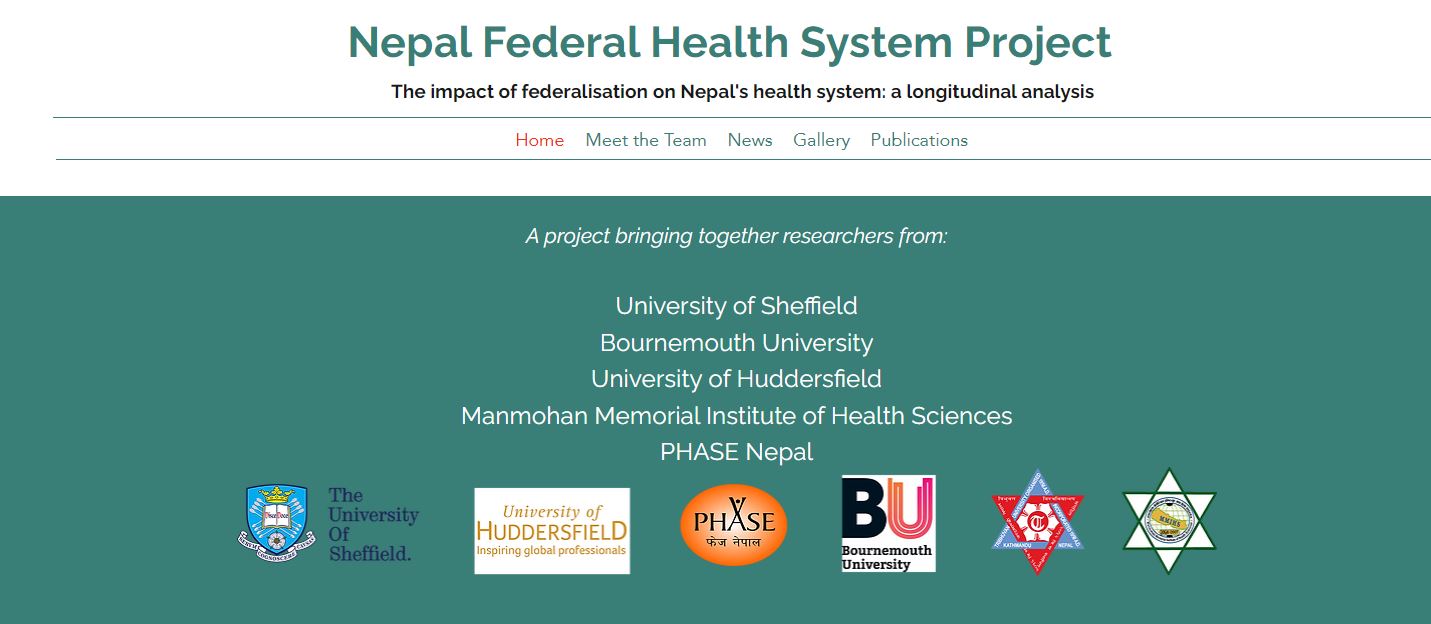




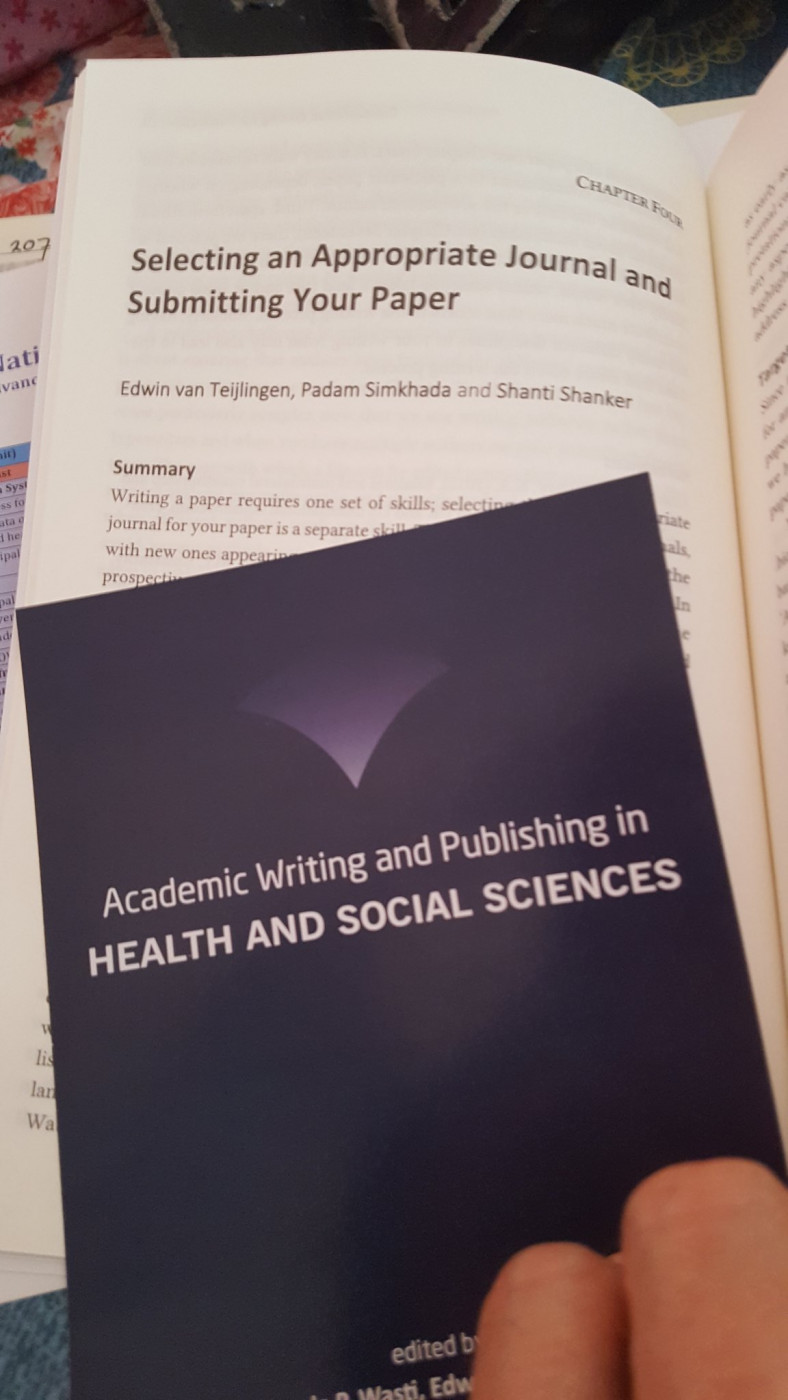
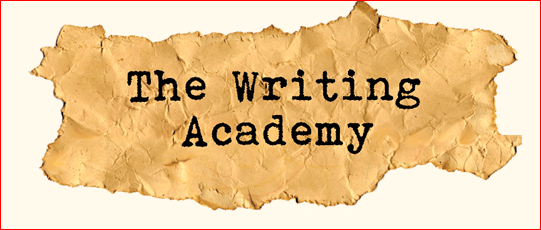


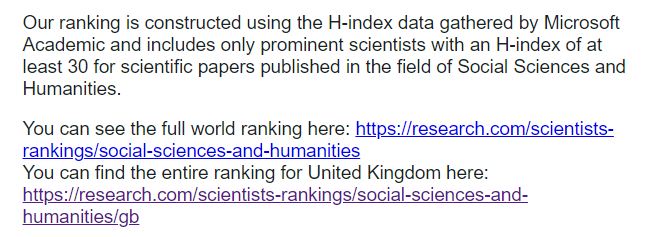


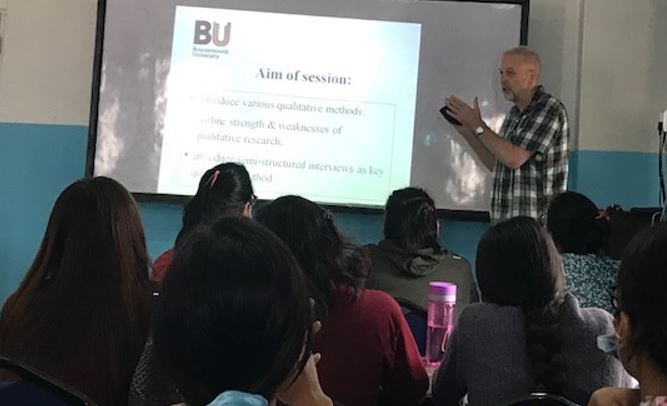
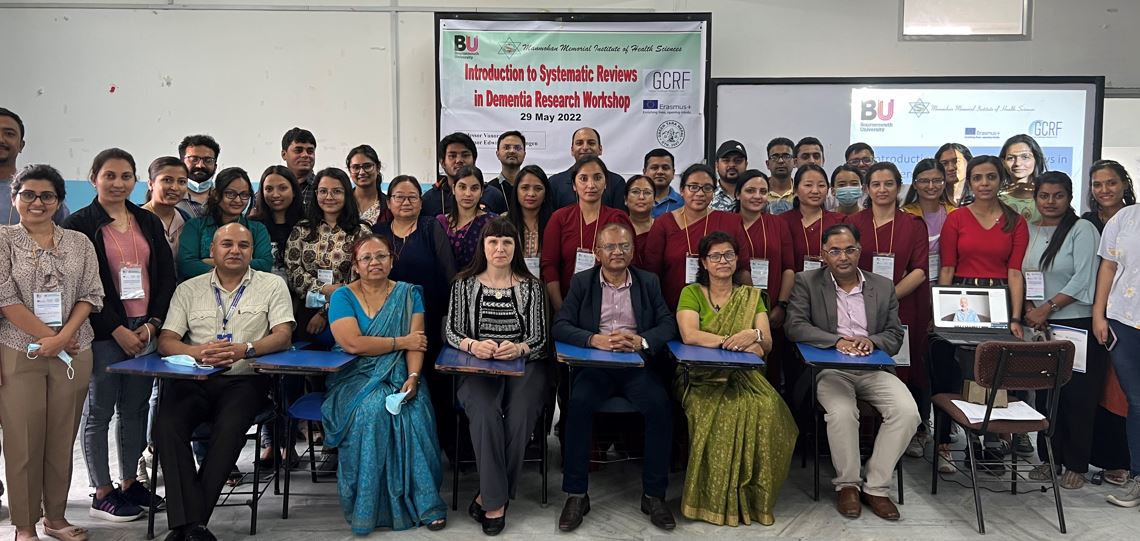
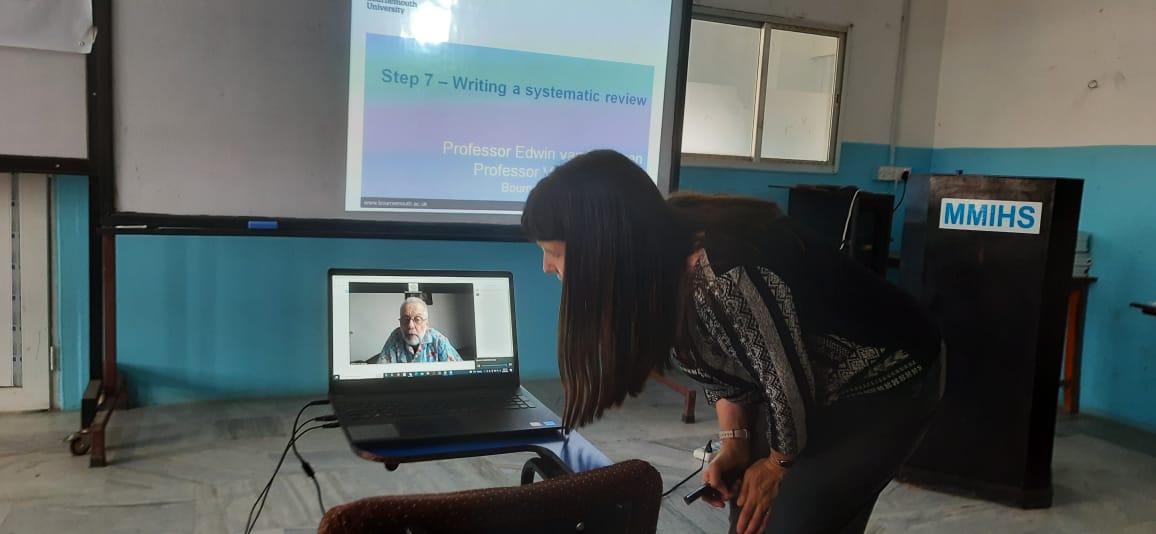
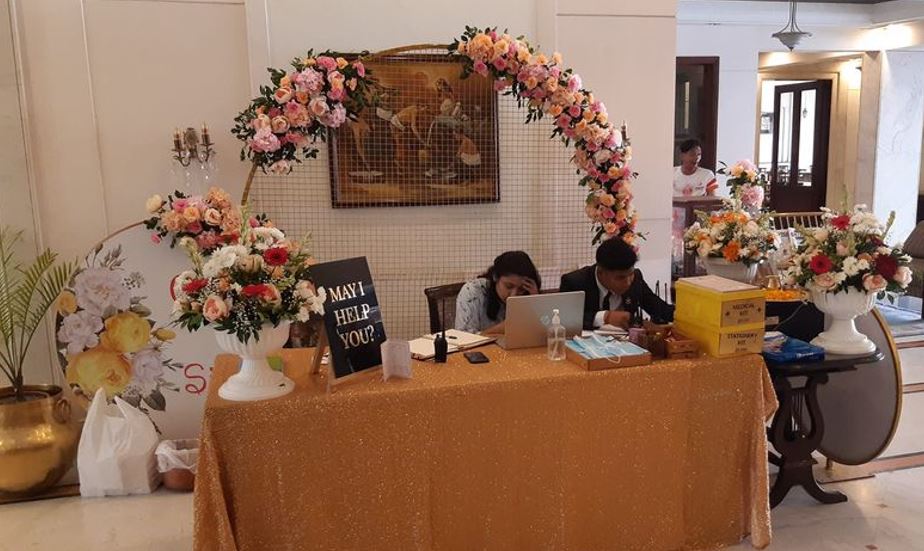
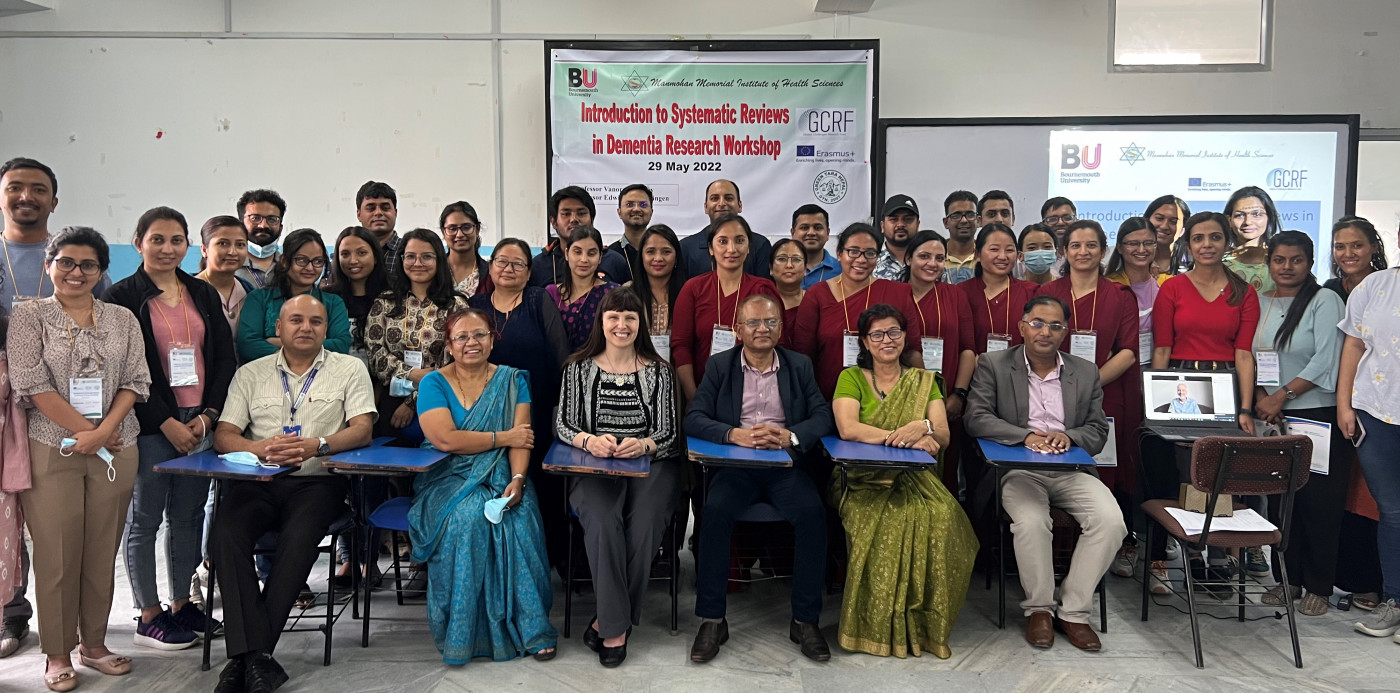

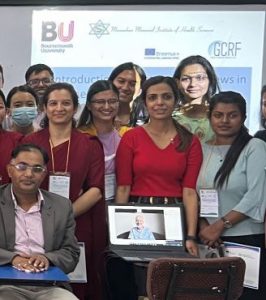

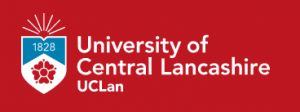
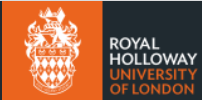
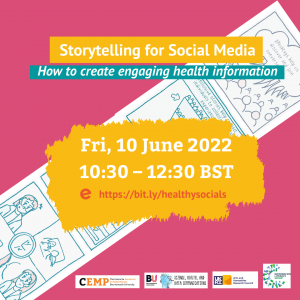


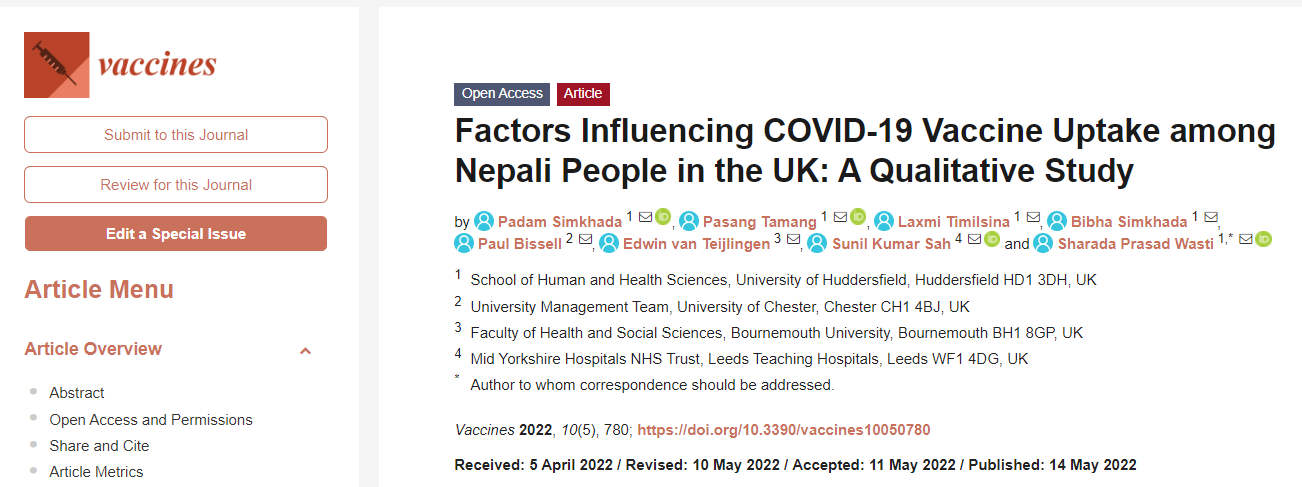


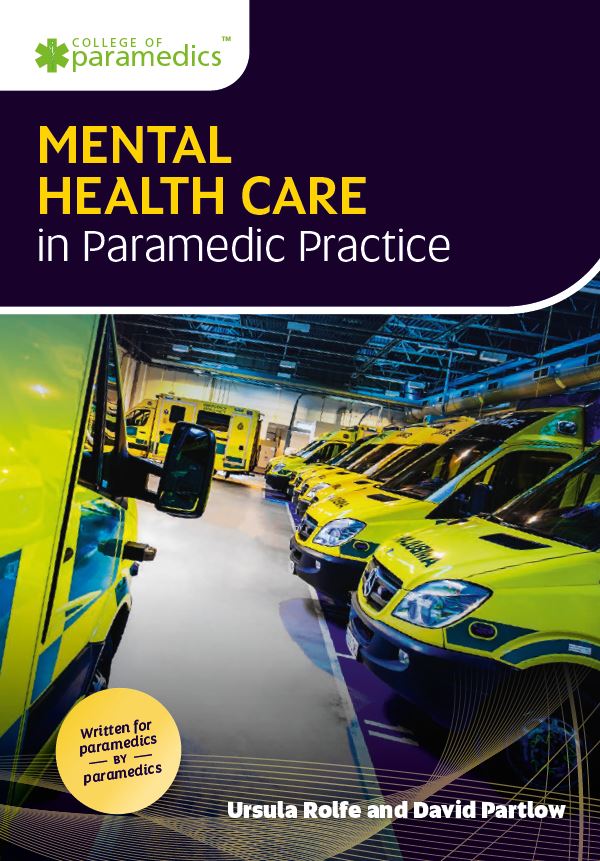
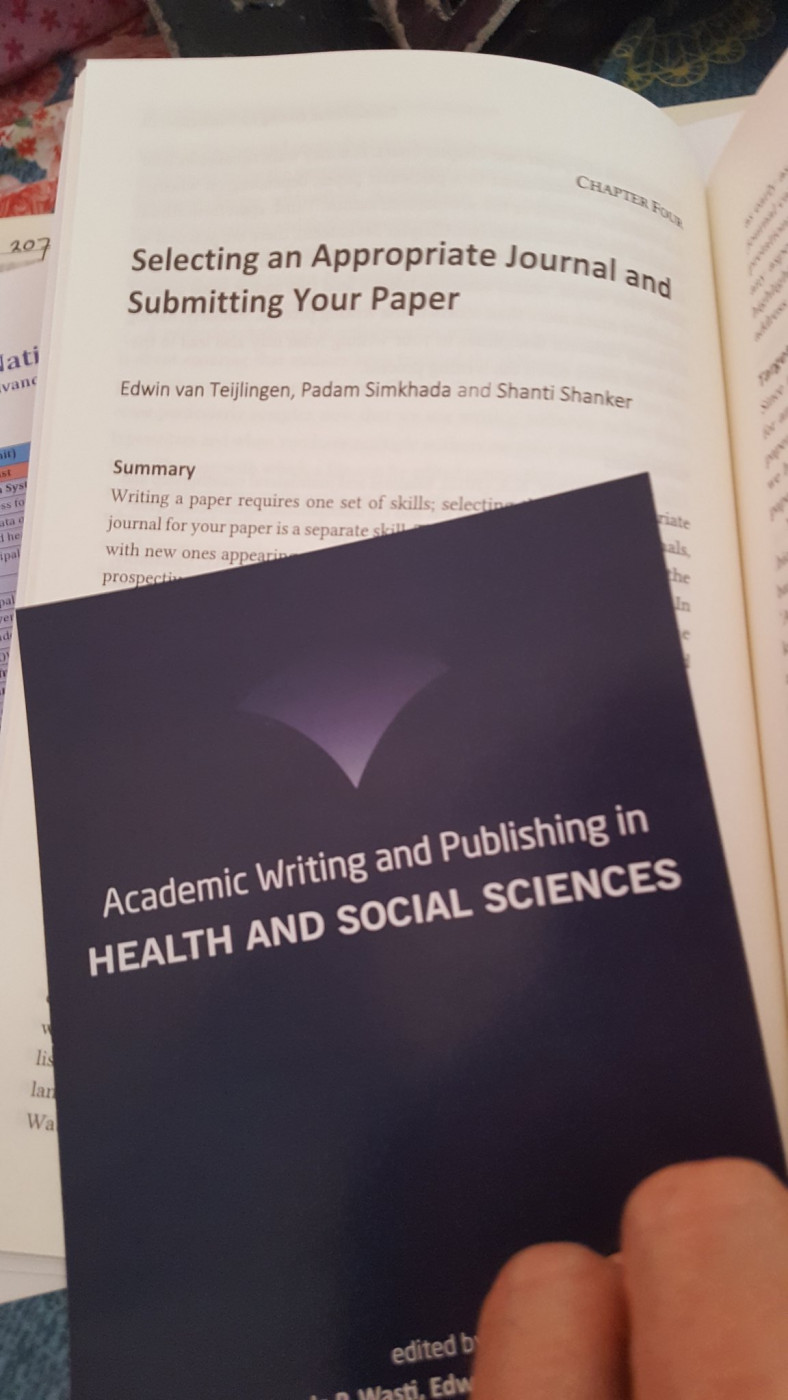



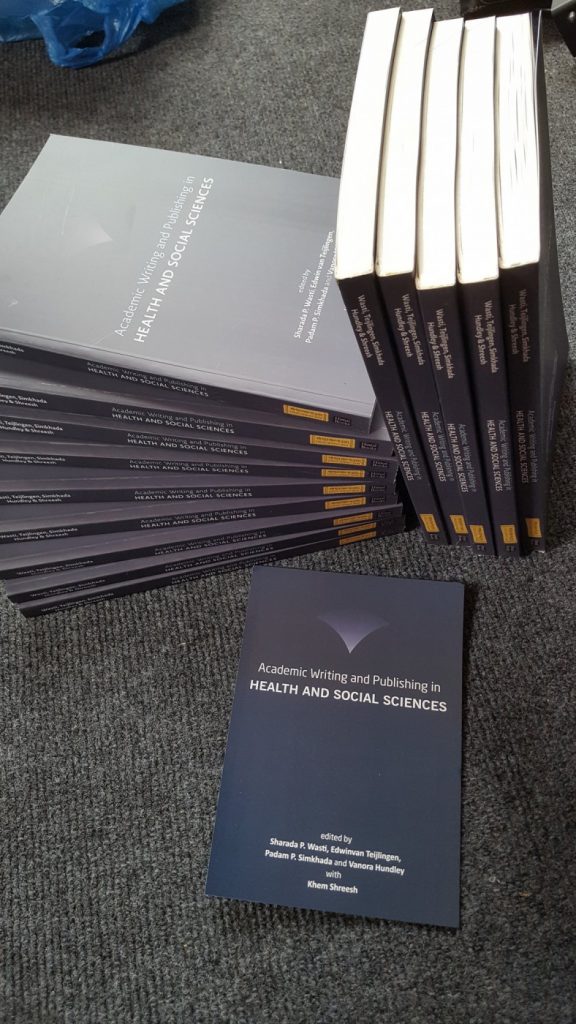











 Upcoming opportunities for PGRs – collaborate externally
Upcoming opportunities for PGRs – collaborate externally BU involved in new MRF dissemination grant
BU involved in new MRF dissemination grant New COVID-19 publication
New COVID-19 publication Conversation article: London Marathon – how visually impaired people run
Conversation article: London Marathon – how visually impaired people run MSCA Postdoctoral Fellowships 2024
MSCA Postdoctoral Fellowships 2024 Horizon Europe News – December 2023
Horizon Europe News – December 2023